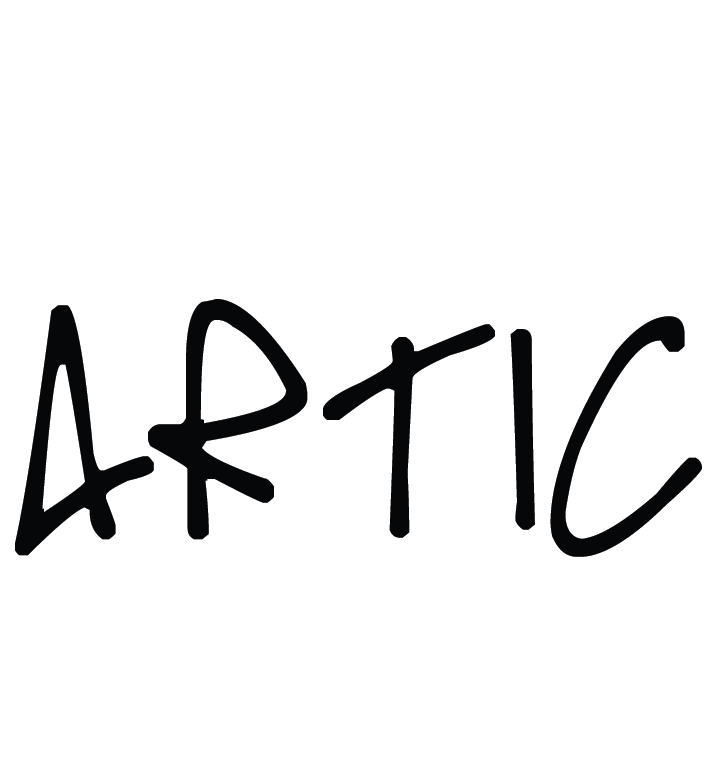Ontology of Whiteness
I would like to share a little of my personal story about how I came to be in this field and doing this work. When I was in college, I wanted to be a researcher. I wanted to get a Ph.D. and study people’s brains on small scales, and if I couldn’t study people I’d settle for rats. Instead I “settled” for getting my MS in Clinical Psychology when I didn’t get accepted to the (only) school I applied to.
[Yes, my 22-year-old hubris was strong.]
Moving from the world of numbers to the world of squishy feelings was tough, but I learned there was were some significant overlaps. I was lucky to be trained with some of the best counselors I’ve ever encountered (shout out to the University of Alaska Anchorage Psychology Department). They taught me that everything we think and do is rooted in assumptions about the nature of reality. These assumptions guide us and also tell us what to think about the realities of others. But, most importantly, assumptions are not reality itself (check out the field of ontology, it’s a trip). Just like a road map isn’t the same thing as the place you’re going, we always have to be mindful that our assumptions about ourselves and especially our assumptions about others aren’t real. They’re only as real as they are useful. If a map doesn’t get you where you want to be, it’s a shit map and you need to find a different one.
Research and the scientific method share a similar philosophy. I was trained that being wrong is just as informative, if not more valuable, than having your beliefs confirmed. Even in the most basic research, down to cells or binary, everything humans do is susceptible to imperceptible bias. We simply can’t help it. Our brains are basically assumption machines.
I learned that feeling right was dangerous and was exponentially increasing the possibility your data are trash.
When the data tell you that you’re wrong, you accept it and you move on. Not that you give up, but you start to ask different questions and look at your hypothesis from different angles. What did the wrongness tell you?
But what if you’re right? Then the scientific method demands that you replicate it. Oh, you did it? Do it again. Prove it. If you actually want to feel good about your data you have to show that it’s not just a fluke, a one-off. It’s actually more work to prove you’re rightness.
I’ve found these foundational tenets of research to inform basically every aspect of my life, but particularly they inform my clinical practice, my approach to leadership, and my passion for artic’s mission.
So many of our culture’s assumptions about, well, everything, are rooted in the Ontology of Whiteness. This idea that one dominant culture (or group of cultures if you want to get historic) has correctly and comprehensively defined the nature of humanity and how to be successful in the world as they see it. In my post-graduate work as a therapist, I was exposed to the kinds of lives that fall outside of this ontology but are still forced to exist within it. I was forced to reckon with my layers of protection and privilege working with foster youth, many of whom were Alaska Native, and see that they were treated worse than their white peers. In a setting that was supposed to be equally unfair and shitty for all involved, some kids still had it worse.
What I came to understand is that the Ontology of Whiteness has the most insidious power in the stories that get told about BIPOC folx. My kids of color were more readily labeled “defiant”, “lazy”, “unmotivated”, “irrational”, “dangerous”, while the “strengths-based” language was more easily applied to my white kids. I saw many excuses and pardons made for heteronormative, conventionally attractive, able-bodied white teens, as long as they weren’t *too* traumatized or *too* symptomatic. It became clear that if my clients fell in a narrow range, they would be fine no matter what. My BIPOC kids, or my white kids who were “too much”, didn’t fare as well. I watched more kids handcuffed and taken away to institutions or incarcerated than I can talk about. All because of stories being told about them by adults who were supposed to be there to help them.
In my heartbreak for these kids, I vowed to never be an adult who told the wrong stories. About anyone. I would embrace being wrong and proceed cautiously, scientifically, as if lives depend on it. Because they do.
If you’re interested in learning how to tell better stories and learn to unmask and dismantle the Ontology of Whiteness, I hope you’ll follow our work and join us in our learning spaces.
Thank you for your time,
Shea
